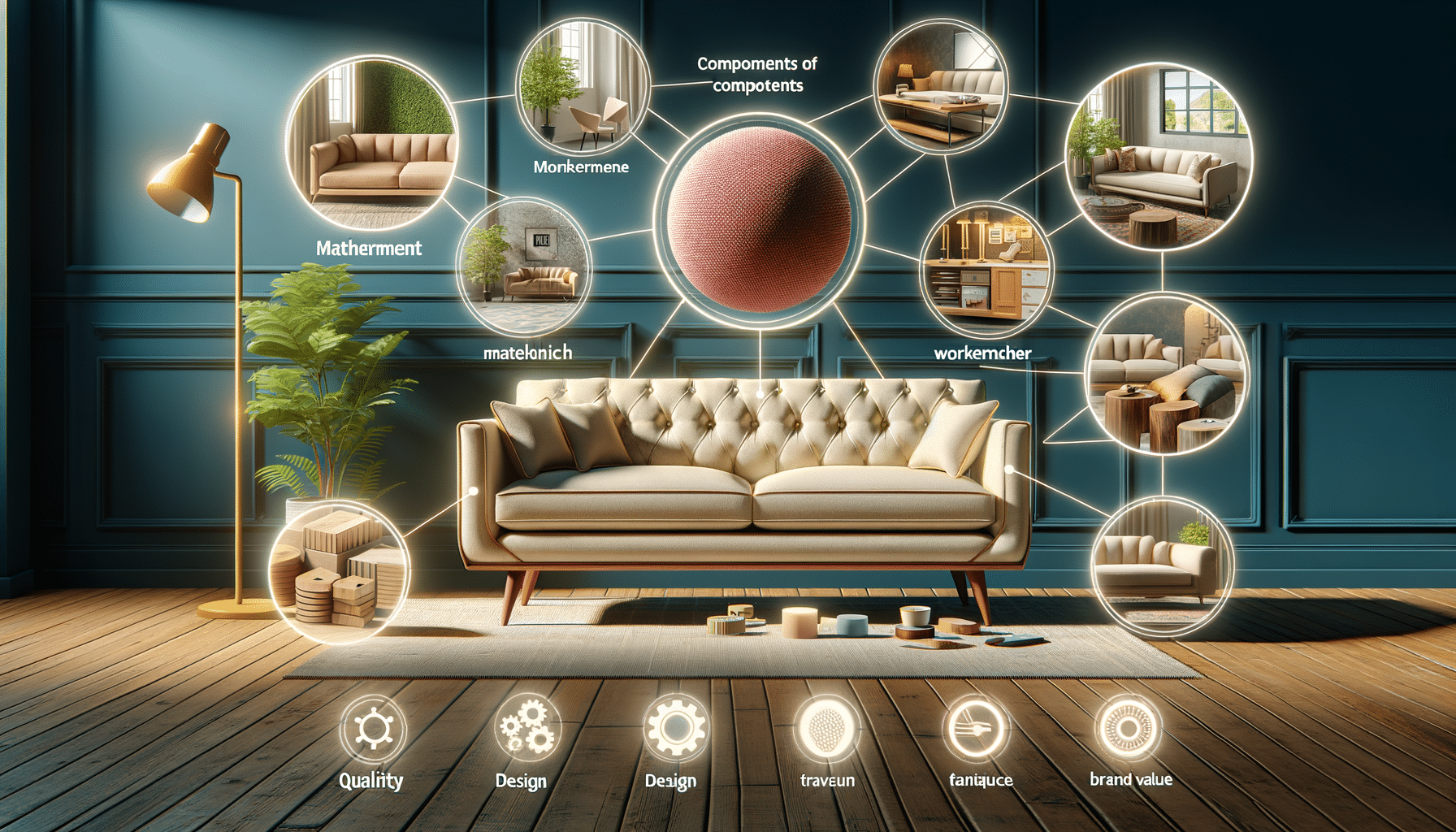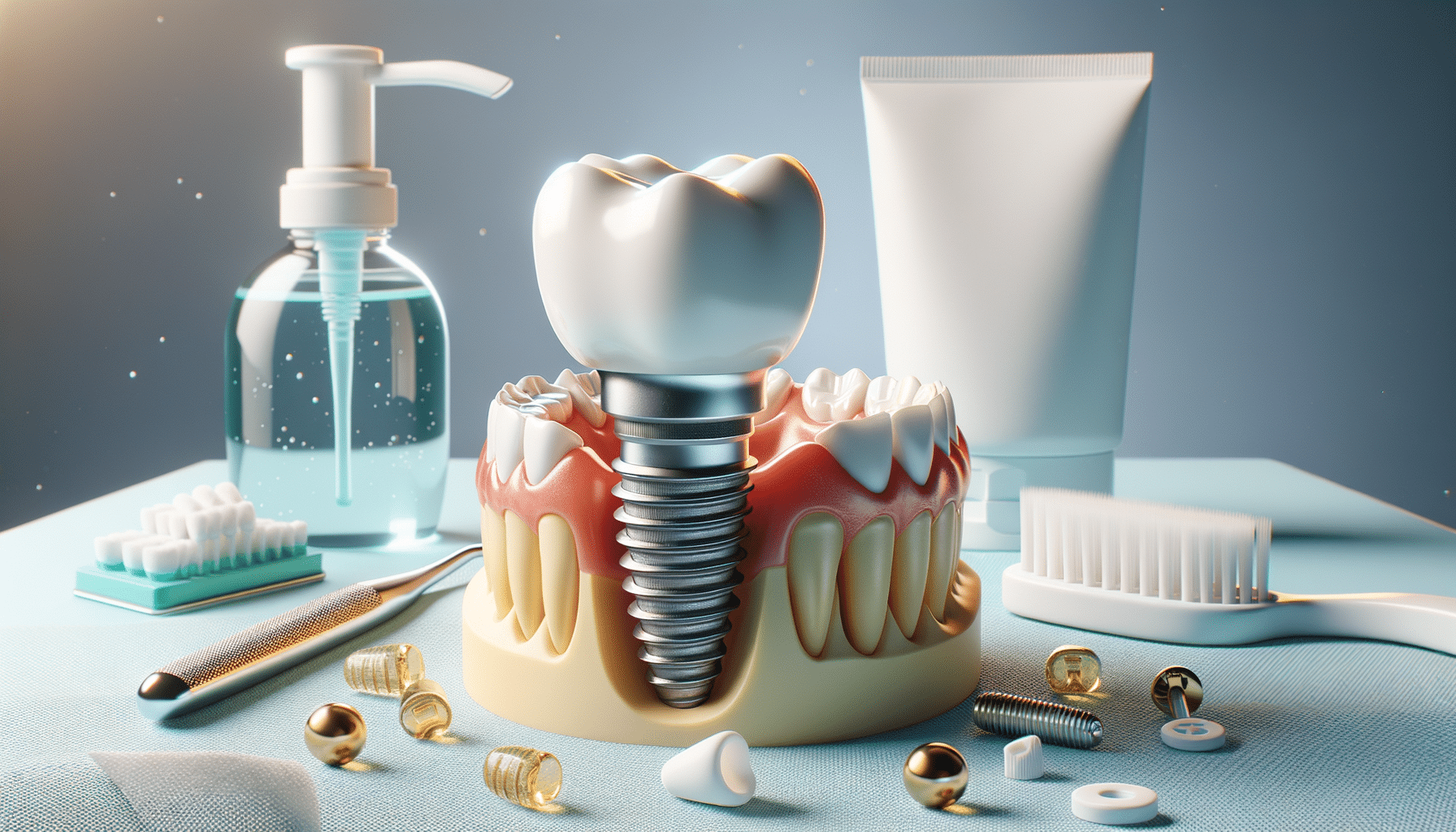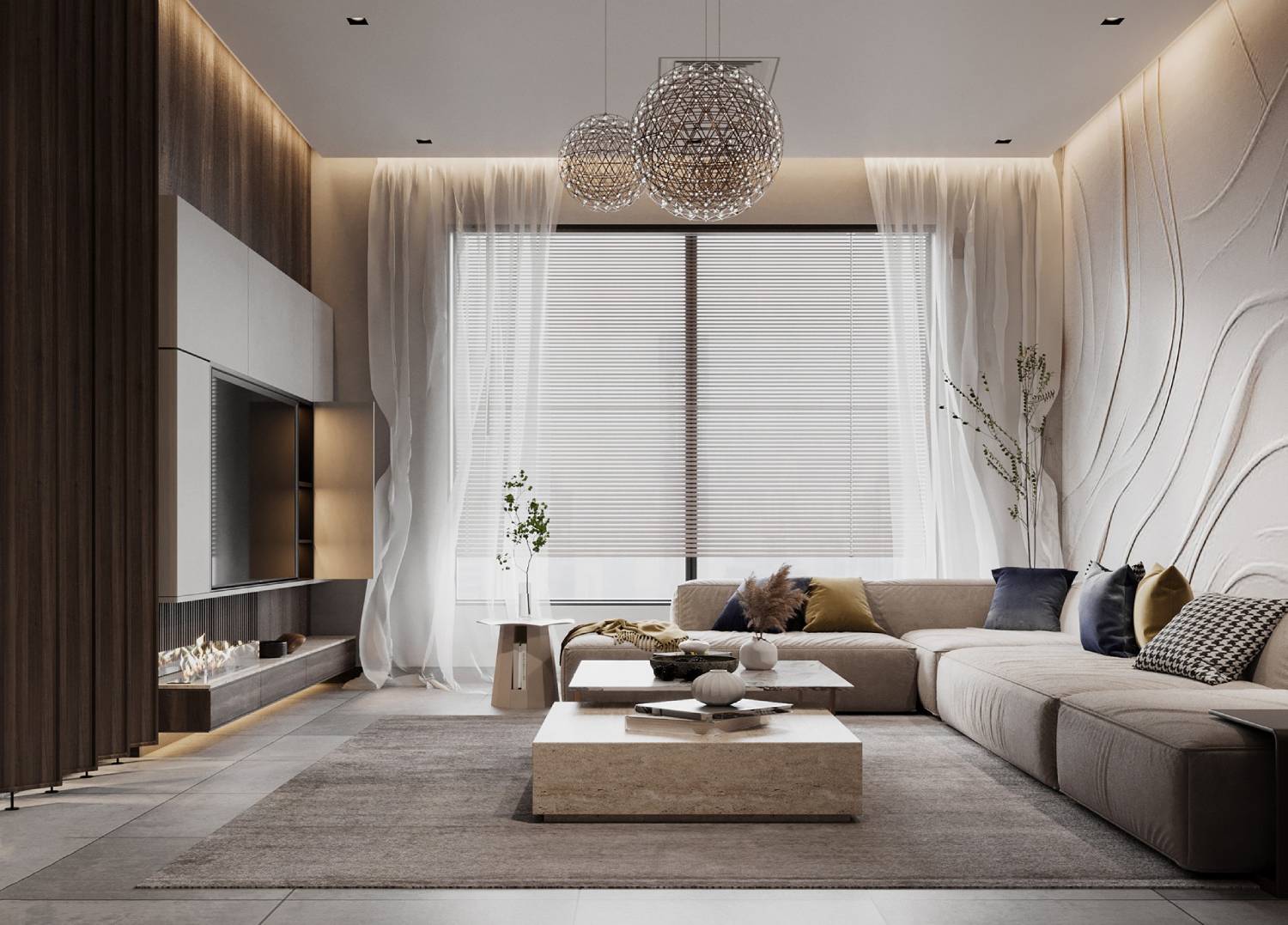
How Living with Less Boosts Happiness & Gratitude
In today’s fast-paced world, living with less might feel odd for happiness. The minimalist movement is growing. It promotes a lifestyle focused on simplicity and living with purpose. This method, known as minimalist joy, is about finding happiness and thankfulness in simplicity. It focuses on what truly matters instead of just getting more stuff. This blog looks at how a minimalist lifestyle can boost your happiness and gratitude. It also explores the benefits of simple living that many people love.
Minimalism isn’t just about decluttering your physical space; it’s about decluttering your mind and life. This lifestyle’s simplicity helps people focus on experiences and relationships, not things. As we explore the nuances of minimalist joy, we’ll uncover how this lifestyle shift can lead to a more fulfilling and grateful existence.
Key Benefits / Why It Matters
The Essence of Minimalist Joy
Minimalist joy stems from the freedom and peace that come with living a life less burdened by material possessions. When people cut down on clutter and excess, they often gain more time, energy, and resources. This lets them focus on things that truly make them happy. This shift in focus from material wealth to emotional and experiential wealth is at the heart of minimalist joy.
Minimalism helps people value what they own and the experiences they have. This appreciation fosters a sense of gratitude, which can significantly enhance one’s overall sense of well-being. When we are grateful for what we have, we tend to experience higher levels of happiness and contentment.
Simple Living Benefits
The benefits of simple living extend beyond emotional well-being. Financially, minimalism can lead to significant savings. Buying less and choosing quality over quantity can give people more financial freedom. Financial stability can lower stress and create a sense of security. This, in turn, helps boost happiness.
Health-wise, a minimalist lifestyle can lead to reduced stress levels and improved mental health. The act of decluttering and maintaining a tidy, organised space can be therapeutic, reducing anxiety and promoting a sense of calm. Minimalism also promotes healthier choices. It encourages more time spent outdoors and physical activities, which can boost physical health.
Gratitude in Minimalism
Gratitude is a core component of minimalism. People who embrace minimalism usually find more joy and satisfaction in life’s simple pleasures. This gratitude extends beyond material possessions to include relationships, experiences, and personal growth.
Practising gratitude can also enhance social connections. Expressing gratitude for people and experiences can strengthen relationships. This often leads to a more supportive and fulfilling social network. This sense of connection and community is a significant contributor to overall happiness.
Step-by-Step Guide / Actionable Insights
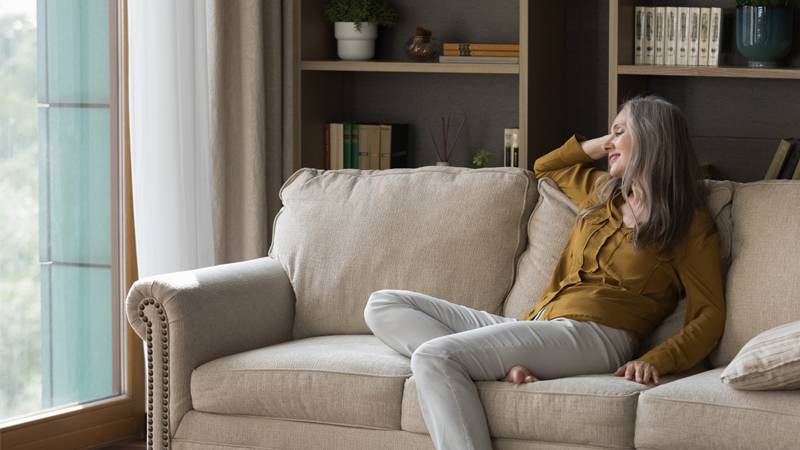
Embracing Minimalism: A Step-by-Step Guide
Step 1: Assess Your Current Lifestyle
Begin by evaluating your current lifestyle and identifying areas where you can simplify. Consider your possessions, commitments, and habits. Ask yourself what truly adds value to your life and what might be holding you back.
Step 2: Declutter Your Space
Start with your physical space. Go through your belongings and decide what to keep, donate, or discard. Focus on keeping items that serve a purpose or bring you joy. The goal is to create an environment that is calming and conducive to happiness.
Step 3: Simplify Your Schedule
Examine your commitments and prioritise activities that align with your values and bring you joy. Learn to say no to obligations that do not serve your well-being. This will free up time for activities that enhance your happiness and gratitude.
Step 4: Practice Mindful Consumption
Adopt a mindful approach to consumption. Before making a purchase, consider whether the item is necessary and if it will genuinely add value to your life. This practice can help prevent impulsive buying and reduce clutter.
Step 5: Cultivate Gratitude
Make gratitude a daily practice. Each day, take a moment to think about what you’re grateful for. This could be things you own, people in your life, or special experiences. This practice can shift your focus from what you lack to what you have, enhancing your overall happiness.
Examples and Case Studies
Meet Sarah. She is a busy professional. Feeling swamped by her hectic life, she turned to minimalism. This choice helped her regain control and find peace. By decluttering her home and simplifying her schedule, Sarah found she had more time for her family and hobbies. She began practising gratitude daily, which helped her appreciate the small joys in life. As a result, Sarah reported feeling more content and less stressed, embodying the essence of minimalist joy.
Additional Expert Tips & Common Mistakes to Avoid
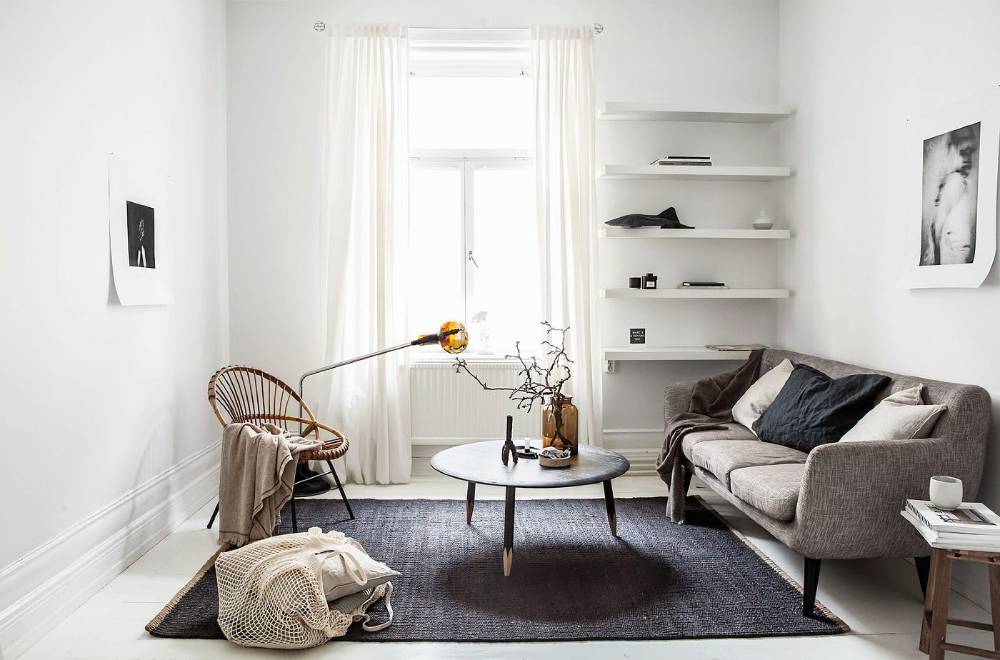
Best Practices for Embracing Minimalism
- Start Small: Begin with one area of your life, such as your wardrobe or kitchen, and gradually expand to other areas. This approach prevents overwhelm and makes the process more manageable.
- Focus on Quality: When making purchases, prioritise quality over quantity. Buying durable, high-quality items means you won’t have to replace them often. This helps you live a more sustainable lifestyle.
- Be Patient: Minimalism is a journey, not a destination. It takes time to adjust to a simpler lifestyle, so be patient with yourself and celebrate small victories along the way.
Common Mistakes to Avoid
- Perfectionism: Avoid striving for a perfect minimalist lifestyle. Minimalism is about finding what works for you, not adhering to a strict set of rules.
- Decluttering Too Quickly: While decluttering is a key aspect of minimalism, doing it too quickly can lead to regret. Take your time to ensure you’re making thoughtful decisions about what to keep and discard.
- Neglecting Emotional Clutter: Minimalism isn’t just about physical possessions. Clear away emotional clutter like negative thoughts and toxic relationships. This helps you enjoy the perks of a simpler lifestyle.
Advanced Insights / Expert Recommendations
Embracing Minimalism in a Consumer Culture
Living simply in a consumer-driven world can be tough, but with focus and awareness, it is possible. Focus on aligning your lifestyle with your values and resisting societal pressures to accumulate more. Connect with communities and resources that promote minimalist living. This will help you stay motivated and inspired.
The Role of Technology in Minimalism
Technology can be both a tool and a distraction in a minimalist lifestyle. Use technology to simplify your life. Organise digital files and set reminders for mindful practices. However, be mindful of technology’s potential to clutter your time and attention. Set boundaries for screen time and prioritise in-person interactions.
The Joy of Less: Embracing Minimalism for a Fulfilling Life
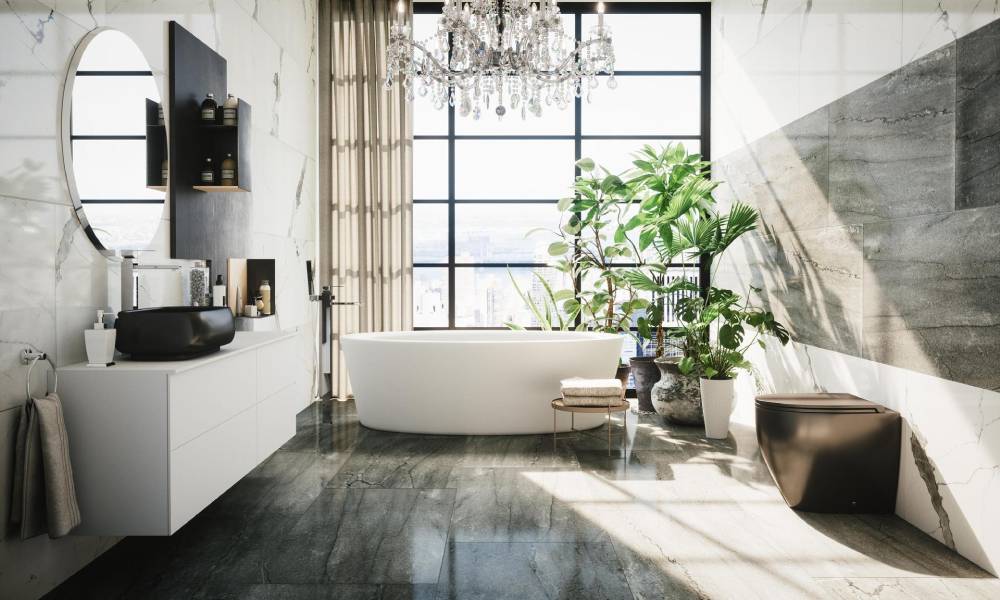
Living with less can indeed boost happiness and gratitude. Minimalist joy and simple living help people live intentionally. This way, they can lead fulfilling lives that reflect their values. As you embark on your minimalist journey, remember to cultivate gratitude and focus on the things that truly matter.
We encourage you to take the first step towards minimalism today. Assess your current lifestyle, declutter your space, and practice gratitude daily. As you simplify your life, you’ll likely find that happiness and contentment naturally follow. What will you let go of to make room for joy and gratitude in your life?
